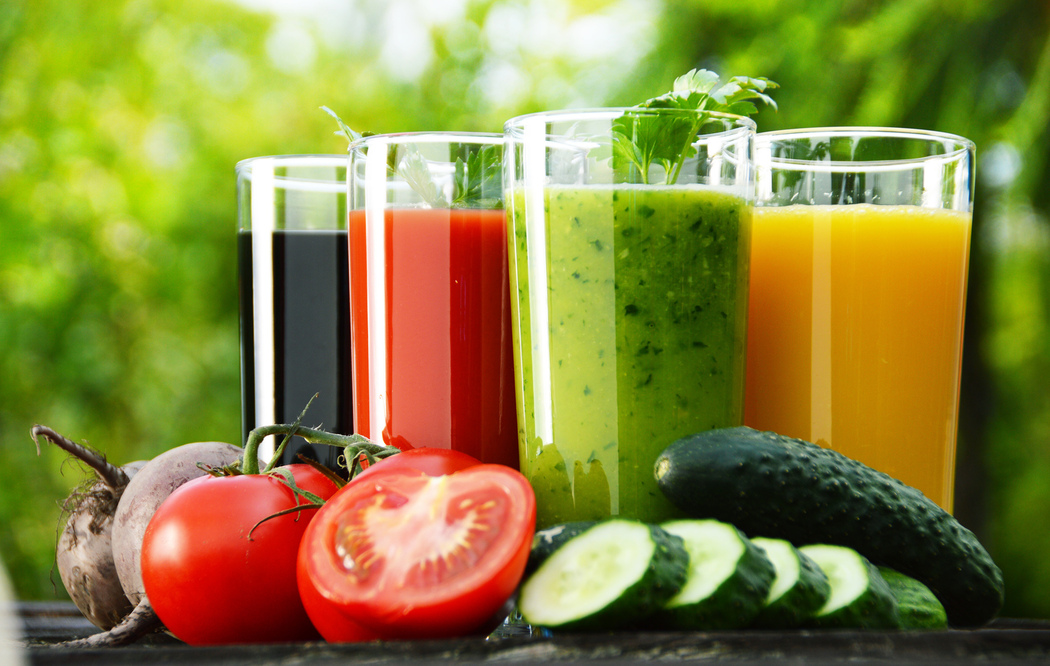
Foods to Eat and Avoid for Irritable Bowel Syndrome
Irritable Bowel Syndrome (IBS) is a condition that causes symptoms like cramping, diarrhea, bloating, gas, and stomach pain. IBS is a greatly confusing disease, and doctors are still trying to understand what triggers it. This chronic condition has to be handled with the right diet and medications. Here are seven practical dietary tips for irritable bowel syndrome (IBS) that will help you.
1. Stay away from fizzy drinks
It might be satisfying to take a sip of a cold fizzy drink on a hot afternoon. However, you should know that these drinks worsen the symptoms of IBS. Fizzy and carbonated drinks can trigger diarrhea in people with IBS.
2. Tweak your fiber content based on your symptoms
Some people with IBS can have constipation while others have diarrhea. If you find yourself constipated regularly, then compensate by eating a high fiber diet. This loosens stools, making it easier to pass. If you are dealing with diarrhea, then fiber can worsen the condition. Instead, choose foods low in fiber. This is one of the most important dietary tips for irritable bowel syndrome that you should note.
3. Drink plenty of fluids
Fluids are very important to handle water loss because of diarrhea in IBS. Aim to drink at least 2-3 liters of water and other liquids a day. This will help you stay healthy.
4. Eat easy to digest food
When you already have problems with processing and digesting food, choosing hard to digest food can worsen the condition. Pick easy and soft foods on days your IBS symptoms are triggered.
5. Opt for low-fat diets
Fat is usually difficult for the body to process. High-fat based foods can cause constipation. Greasy and oily food also lead to stomach cramps and discomfort. Stay away from deep-fried delicacies and choose healthier options.
6. Low FODMAP diet
FODMAP diet includes all the kinds of foods that are difficult for the body to digest. FODMAP foods contain short-chain carbohydrates that resist absorption and digestion. Experts say that by eating a low FODMAP diet, you can improve your IBS condition and make its symptoms better in just 6-8 weeks.
7. Have a diet plan
In the list of dietary tips for irritable bowel syndrome (IBS), this tip will lead to overall health. Eat your meals on time and early on. Chew your food well, and make sure you do not go to sleep right after a meal. All these aid digestion and prevent the symptoms of IBS from getting worse.
All these dietary tips for irritable bowel syndrome (IBS) will help you change your food habits and your lifestyle for the better. Make sure you choose fresh home-cooked meals over restaurant foods. This aids healing of your digestive tract and helps manage IBS symptoms effectively.



